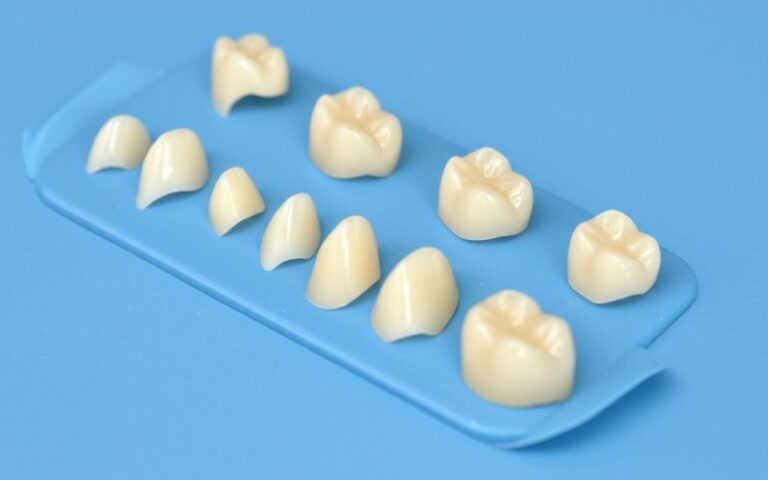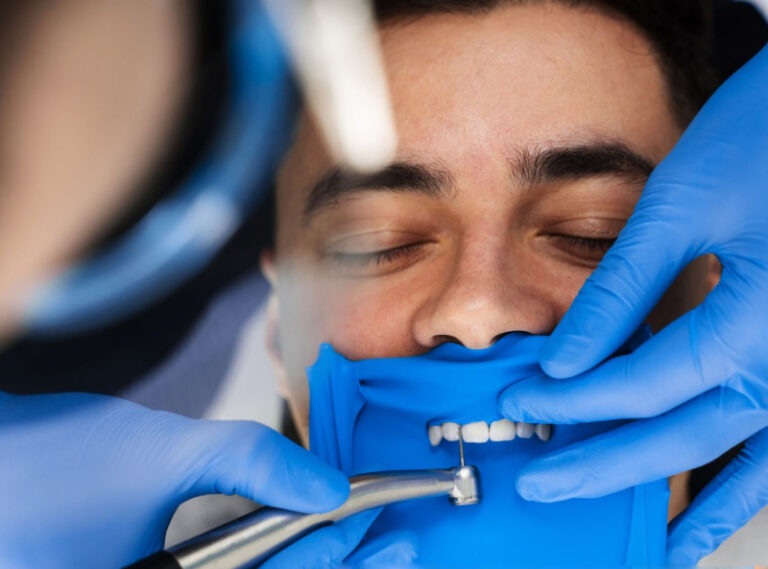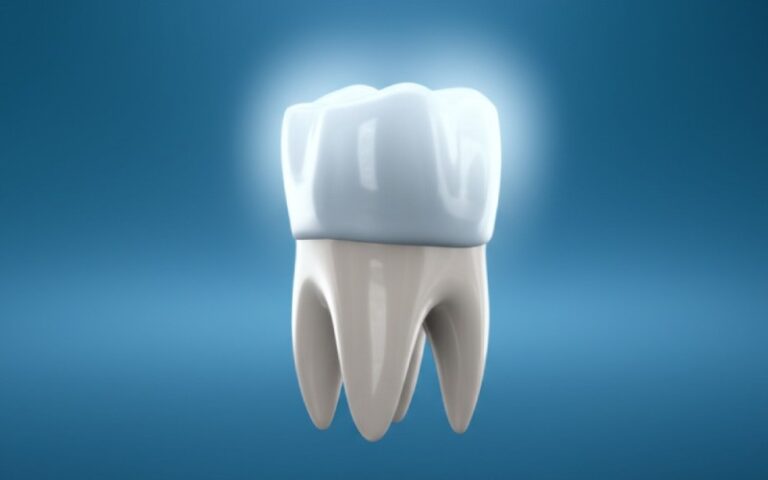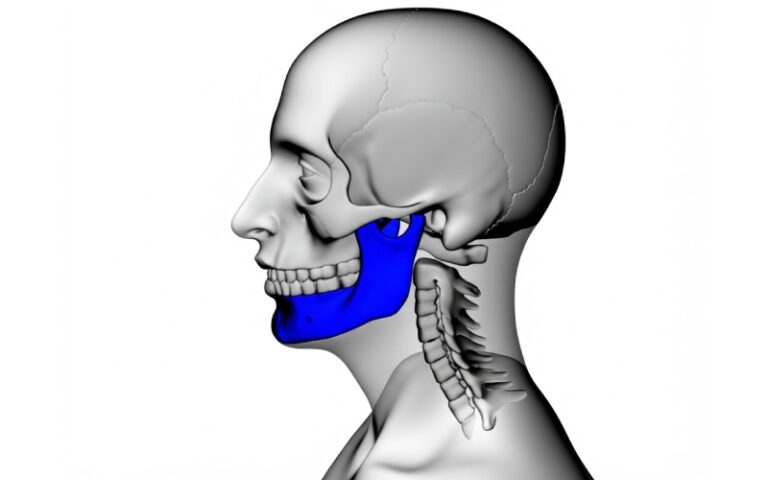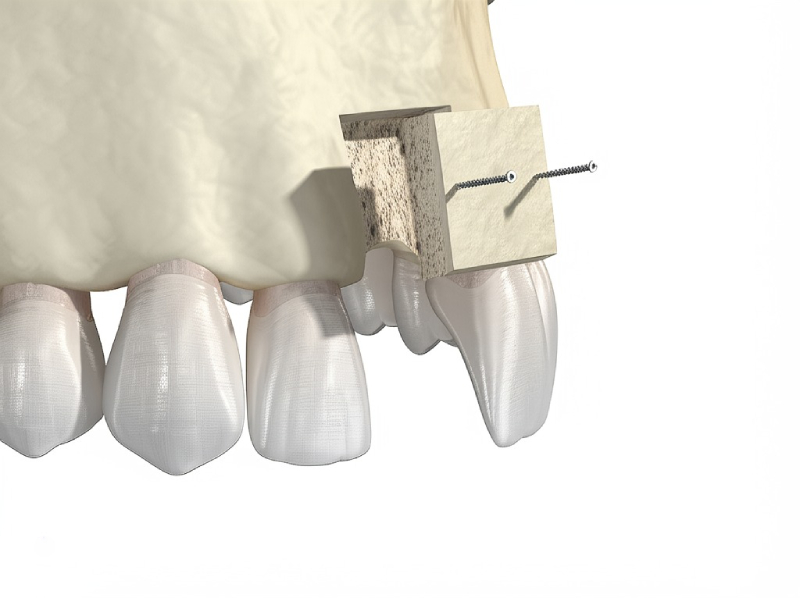
Overcoming Your Fear of the Dentist: A Simple, Step-by-Step Guide for Patients
Do you get nervous just thinking about sitting in a dental chair? You’re not alone. I used to feel the same way. The good news is there are real, practical ways to break that cycle of fear and finally get the care you need. In this guide, I’ll show you how I got over my own fear of the dentist and walk through each step of that journey—so you can do it, too, right here in dental clinic.
Table of Contents
Is It Dental Anxiety or a Dental Phobia? Understanding What You’re Feeling
Before I found ways to handle my fear, I spent years coming up with excuses to skip my dentist appointments. It wasn’t just being a little nervous—I felt like I was hitting a wall of panic. So let’s talk about what’s really happening when you’re scared of the dentist.
Dental anxiety is pretty common: you feel a bit uneasy, maybe tense, but you still end up going, even if you dread it.
Dental phobia is much stronger. It can feel impossible to deal with. I’m talking about not sleeping the night before, feeling like you might panic in the waiting room, or staying away from the dentist for years. When I realized my fear was stopping me from taking care of my health, I knew it was more than nerves.
Why Are We So Scared of the Dentist?
For me, knowing why I was scared helped me feel less alone and less weird.
- A bad dentist experience: Everyone I know who hates the dentist can remember one: a mean dentist as a kid, a painful shot, or something going wrong during a visit.
- Fear of pain or needles: My hands get sweaty just seeing a needle. A lot of us have this fear that makes even the thought of a shot worse than the treatment.
- Feeling out of control: Lying in that chair, bright lights above, mouth open, unable to talk… it made me feel trapped.
- Worried about being judged: I stressed that my dentist would look down on me because it had been so long since my last visit or because my teeth weren’t perfect.
- Weird sounds and smells: The noise of the drill, cleaning tools, even the smell of gloves—these can all make people feel anxious right away.
Once I figured out where my worries came from, I started feeling ready to face them.
Easy Ways to Tackle Dental Anxiety Before Your Visit
Once I was honest about my fear, the next step was finding ways to handle it. Getting ready made a huge difference for me.
Step 1: Pick the Right Dentist
When I searched for a new dentist, I didn’t just choose the closest one. I searched for things like “gentle dentist,” “dentist for anxious patients Maryland,” and “comfort dentist Columbia MD.”
Here’s how I did it:
- Check their website: Look for reviews that talk about how a dentist helps nervous patients. See if they talk about anxiety or comfort options.
- Find local experts: In Maryland, I found places in Baltimore and Columbia that actually say they help anxious patients.
Step 2: The First Talk Matters
I set up a first visit just to talk. No poking, no tools—just a chat. That made it feel way easier.
Good Questions to Ask
- “How do you help people who are nervous?”
- “What options do you have to help calm patients down?”
- “Can we use a hand sign if I need to stop?”
If the people at the office were kind and listened, I knew I’d found my spot.
Step 3: Get Ready at Home
A few new habits made me feel more in control:
- Go early in the day: Then I wasn’t worrying about it all morning.
- Avoid caffeine: Coffee made me more jumpy. So I had a good breakfast instead.
- Bring something to listen to: My music helped me chill out both in the waiting room and in the chair.
- Skip the candy: Sugar made my nerves worse, and it’s not good for teeth anyway.
Doing things my way took away a lot of the tension.
What Happens in the Office: Modern Dentistry for Nervous Patients
If you’re still picturing those scary old offices from when you were a kid, I have good news—today’s dental offices aren’t like that anymore.
Talking and Having Control
My biggest “aha!” moment came before I even needed medicine to calm down.
- Using a hand sign: My dentist and I agreed on a simple sign with my hand. If I needed a break, I just did it and they stopped. No questions.
- Tell-Show-Do Method: They told me what they’d do, showed me the tool, then did it. No surprises, and I didn’t feel cornered.
This built my trust fast.
Sedation: Help with Calming Down
I wish I’d found out about sedation options sooner! Maryland dentists have many choices, and you can pick what helps the most.
Laughing Gas (Nitrous Oxide)
- The nurse gave me a nose mask. I breathed in, and right away my nerves eased up.
- After the appointment, I felt normal again really quickly. No being out of it for hours.
Calming Pills (Oral Sedation)
- They gave me a small pill before my appointment. I stayed awake, but felt calm (sometimes even sleepy).
- One thing: you need a ride home. For me, the appointment seemed shorter, and I barely remember it (which was fine by me).
IV Sedation
- For bigger dental work, I got medicine through a little needle in my arm. I relaxed almost right away.
- I didn’t fall asleep, but I was super chilled out. I barely remember anything, and none of the panic showed up.
Fully Asleep (General Anesthesia)
- If your fear is really strong or the dental work is big, you can be totally asleep while a special doctor watches over you.
- Some friends of mine tried this and said it was life-changing when nothing else worked.
New Dental Tools That Don’t Scare You
Modern dentistry uses new gadgets to make things less scary:
- The Wand®: This is a small, computer-run tool that gives numbing shots almost pain-free.
- Laser tools: For some jobs, lasers take the place of noisy drills. Less sound, less shaking, and way less pain.
You can find both at the best Maryland offices that help nervous patients.
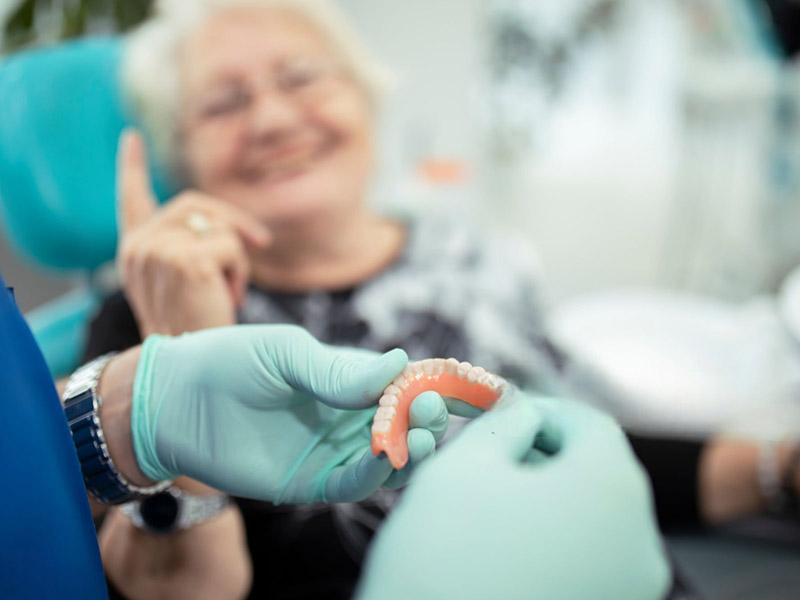
Tools to Rewire How You Think About the Dentist
Getting over my fear wasn’t just about medicine or fancy tools. After years of skipping appointments, I needed to change my thinking, too.
Talking Therapy (CBT)
- This was a big turning point. I met with a counselor who helps with medical nerves. One by one, we picked apart my “the dentist will hurt me, I’ll choke, they’ll judge me!” thoughts and replaced them with calmer, truer thoughts.
- Studies show 75-80% of people get better and stay better with this kind of therapy. That matched my own experience. Highly recommend it.
Easy Ways to Stay Calm in the Chair
While waiting for the numbing to work, or even during a checkup, these tricks got me through:
- 4-7-8 Breathing: Breathe in for 4 seconds, hold 7 seconds, breathe out 8 seconds. My heart would slow down right away.
- Staying in the moment: I paid attention to the blanket on me or the music I was listening to, instead of worrying about “what ifs.”
- Picture something good: Sometimes before the drill, I’d pretend I was lying on a beach in my head. Cheesy, maybe, but it helped!
Layering therapy and in-office support gave me a bunch of tools I could use, even outside the dentist.
Finding the Right Dentist for Nervous Patients in Maryland (MD)
How do you actually find the best dentist for you? Here’s what helped me:
- Search for things like “sedation dentist Columbia MD,” “gentle dentist Baltimore,” or “Maryland dentist for anxious patients.” Be clear in your search.
- Use the Maryland State Dental Association or Dental Board of Maryland websites. They have lists of dentists who help nervous patients.
- Read online reviews, but don’t just glance at stars. Look to see if people say things like, “they made me comfortable,” “extra gentle,” or “explained everything.”
- Don’t be shy about calling. I chatted with office staff before picking a place. If they were nice and answered my nerves, I knew I was in the right spot.
Facts on Dental Fear: You’re Not the Only One
If you feel embarrassed or alone, here are some numbers that made me feel better when I started looking for help.
| Fact or Number | What It Says | What This Means for You |
|---|---|---|
| How Many Skip the Dentist from Fear | 9–20% of Americans avoid the dentist from worry and 3% have a real phobia | You’re not weird—lots of people feel this way |
| Why Most Get Scared | 85% started fearing the dentist after a bad experience as a kid or a rough shot | Your fear makes sense; it’s how our brains work |
| Does IV Sedation Work? | 99% would pick IV sedation again after a dental visit | If your nerves are strong, sedation helps a lot |
| Does Counseling Help? | 75–80% feel much better and keep it up with some therapy | Talking about your worries really works |
| What Happens to Your Teeth If You Wait | People with dental fear have more cavities and gum problems | Skipping the dentist makes teeth worse over time |
| Best Ways to Feel Better | What works? Dentists who explain calmly, stop when you ask, let you listen to music, etc. | You need someone who listens, not just medicine |
Conclusion
Getting over my fear of the dentist didn’t happen in one day. It took small steps, open talks, and finding good help. What I want you to know is—you can do this. Every tip I’ve shared is proven to work. And right here in Maryland, there are dentists who really do “get it” and want to help.
Don’t put it off until things get worse. Just start by looking up a gentle or sedation dentist near you. Book a first visit just to talk. That first step is the hardest, but every one after it gets easier.
You deserve healthy teeth, a real smile, and to feel okay about asking for help. Let’s get going—just one step at a time.
Common Questions (FAQ)
Is sedation dentistry safe?
Yes. When dentists in Maryland use sedation, they follow strict rules and make sure to check for any health issues. Hospitals and government boards make sure they’re trained and certified.
Will I feel any pain with sedation?
Most people feel nothing or barely notice anything during the visit. The shots that numb your mouth take care of pain, and the calming medicine relaxes you even more. For me, I never felt a thing.
How much does sedation dentistry cost in Maryland?
It depends on the kind of sedation and how long your appointment is. Laughing gas costs less than IV sedation or being fully asleep. Insurance sometimes covers sedation if you really need it, so always ask the office for a price before you book.
What’s the difference between a “sedation dentist” and a regular dentist?
A sedation dentist has special training to safely give calming drugs—like gas, pills, or shots. They’re also extra good about helping nervous patients by explaining things, letting you take breaks, and using tools that make things easier.
If I could get over my dental fear, you can too. There are caring dentists right here in Maryland who won’t judge you. They’re ready to help you get your teeth—and your confidence—back.

